A non-profit organization based in Solo is promoting cycling among girls and women
as a response to the rapid increase on the use of motorcycle in the Central Java town.
“Women on Wheels in Indonesia” was one of the projects of Kota Kita, which was co-founded in 2010 by researcher John Taylor and scholar Ahmad Rifai to advocate people’s participation in urban planning through education, grassroots activism, and engagement with the government.
The project was conducted the whole of last year in cooperation with a community development initiative, Living Cities. Motorization had contributed to numerous problems in the city, including high level of air pollution, road obstructions, fossil fuel dependency, and traffic accidents.
The prevalent use of motorcycle has also reduced the mobility and comfort of cyclists in Solo, especially among female factory workers and young girls. Therefore, a gender sensitive approach was envisioned to promote a mode of transportation for women that fosters economic, health and environmental advantages.
“As women tend to be the last to motorize in their households, the implementation of tools for the promotion and championing of cycling is crucial for the improvement of their quality of life, considering the potential of the bicycle as a mode for sustainable mobilization and independence for girls and women who live in Solo,” the organization explains in its website.
Kota Kita believes all citizens should have the right and access to every decision that will affect the city that they live in. And this is only achievable through citizen participation and collective action. Their main concern is to improve the lives of communities who struggle with poverty and who experience inequality.
“We aim to empower a generation of people by promoting democratic and participatory approaches to improve urban areas,” it says.
Kota Kita also monitors climate change vulnerabilities in several cities in Indonesia, as well as conducting researches for socio-economic empowerment among informal street vendors and informal transportation sector (angkot).
Find out how this program uses creatives ways to teach students about human rights.



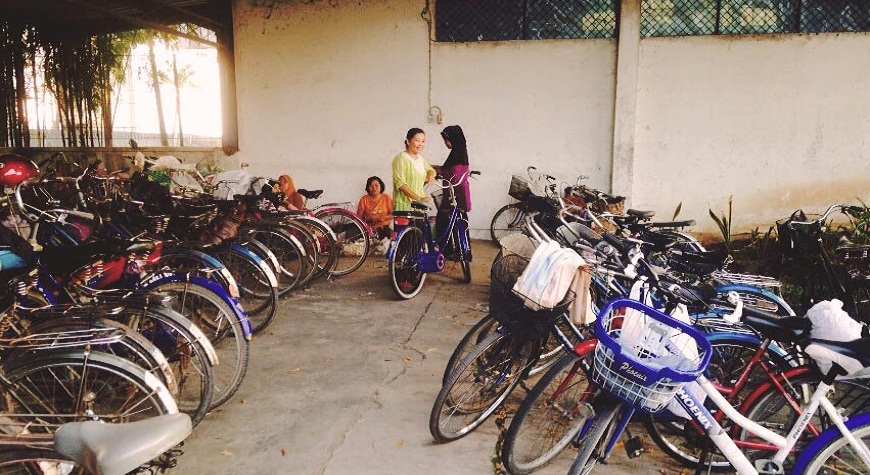

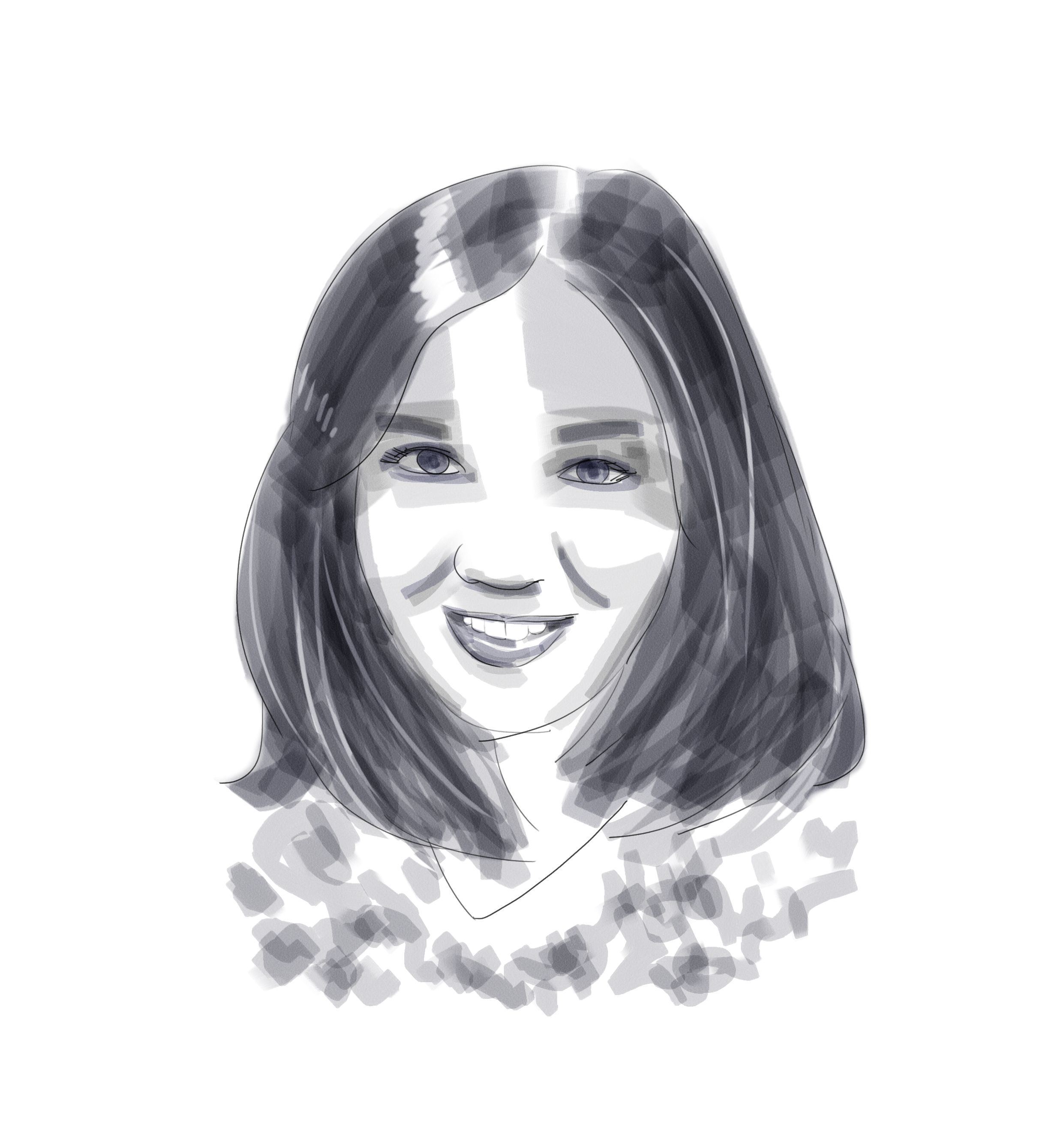
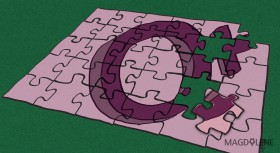
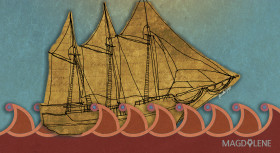
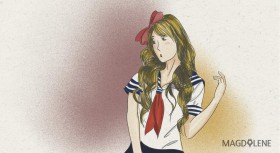
Comments